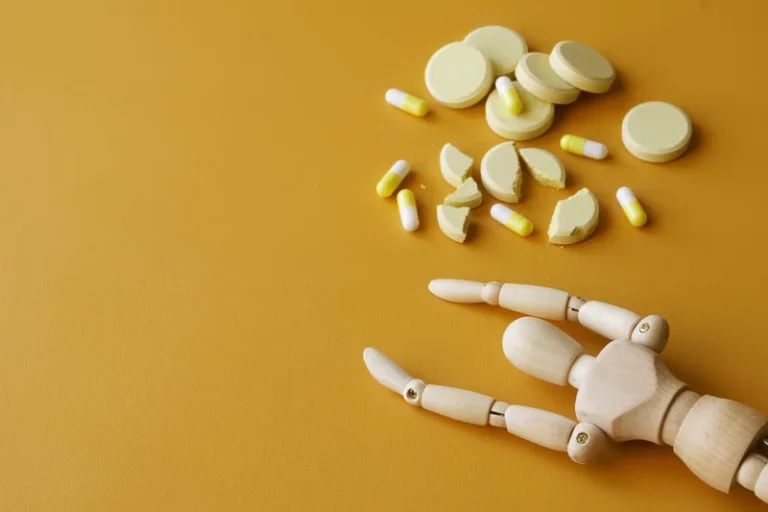Is it normal to sweat after drinking alcohol? Read 7 causes of it

Alcohol is a depressant that affects the central nervous system, leading to a range of physical and psychological effects. When we consume alcohol, it can cause our bodies to become dehydrated, leading to increased thirst and a need to urinate more frequently. These drug addiction effects can contribute to night sweats, as our bodies attempt to regulate our temperature and maintain proper hydration levels during sleep. In cases where alcohol dependence or alcohol use disorder is diagnosed, seeking treatment from a specialized facility may be necessary. Treatment options can range from outpatient counseling and support groups to residential rehabilitation programs, depending on the severity of the condition.
- Adding a few drops to a glass of water “is a traditional home remedy that is thought to help you better digest food.
- They can also offer guidance and support for safe alcohol cessation if withdrawal symptoms are present.
- But sometimes, it can be a sign of more serious conditions like alcohol withdrawal or alcohol intolerance.
- There are a few explanations for why you may sweat in your sleep after drinking alcohol.
- These programs can provide the necessary support and resources to address alcohol-related issues and help individuals on their path to recovery.
Tips for dealing with alcohol related night sweats
- To mitigate the disruption of sleep patterns caused by alcohol, it is recommended to limit alcohol consumption and avoid drinking close to bedtime.
- Psychological factors, such as stress, anxiety, or post-traumatic stress disorder (PTSD), can contribute to night sweats, particularly when combined with alcohol consumption.
- You probably don’t think of being sweaty as a good thing, but it serves an important function.
- For those struggling with alcohol intolerance, medical advice and support are crucial in navigating this condition effectively.
- When your blood pressure increases, your heart has to work harder to push blood out to the rest of the body.
- People have various reasons why they may have started sweating while they sleep that aren’t related to alcohol consumption.
This physiological activity allows the body to release heat, thereby actually lowering your body temperature. With the right support and strategies in place, you can manage your emotions in a healthy way and reduce your dependence on alcohol. If your night sweats are accompanied by other symptoms such as fever, chills, sweating after a night of drinking or difficulty breathing, you should seek medical attention immediately.

Do you sweat more if you’re an alcoholic?

Night sweats can be a symptom of alcohol use disorder and may indicate a need for professional help. Alcohol affects the central nervous system and can have an impact on heart rate. It can increase heart rate and widen blood vessels in the skin, which can trigger perspiration. This increase in heart rate and vasodilation can lead to sensations of warmth, flushing, and subsequent sweating. It’s important to note that these effects on heart rate and blood vessels do not necessarily expel alcohol from the system faster. You should also speak to your doctor if you think another underlying health condition may cause your night sweats.
- Alcohol intolerance is a genetic disorder where the body does not have enough of the enzyme activity necessary to break down alcohol.
- Engaging in intense exercising after drinking is never a good idea and you shouldn’t use workouts to cure hangover symptoms.
- Dairy has a cooling effect, so sipping kefir—a fermented milk drink that’s similar to thin yogurt—may be helpful, Sauceda says.
- Let’s dive into what causes those dreaded night sweats and how to recognize more serious withdrawal symptoms.
- If you experience persistent or severe night sweats after drinking alcohol, it is advisable to seek medical advice to determine the underlying cause and appropriate treatment options.
Tips for Managing Alcohol Sweats
In addition to water, you can also include hydrating foods in your diet, such as fruits and vegetables with high water content. These can contribute to your overall hydration levels and support your body in maintaining a proper fluid balance. Join 40,000+ People Who Receive Our Newsletter Get valuable resources on addiction, recovery, wellness, and our treatments delivered directly to your inbox. People with alcohol intolerance may experience discomfort even with small amounts of alcohol, prompting them to avoid it altogether.
Top Techniques in Men’s Rehab Programs

The sweating can be intense and is often accompanied by other withdrawal symptoms such as shaking rapid heartbeat, and severe anxiety. These symptoms can begin a few hours after the last drink and may peak within the first 24 to 72 hours. While these symptoms are typically acute and resolve as the withdrawal period progresses, they can be extremely uncomfortable and disruptive.



